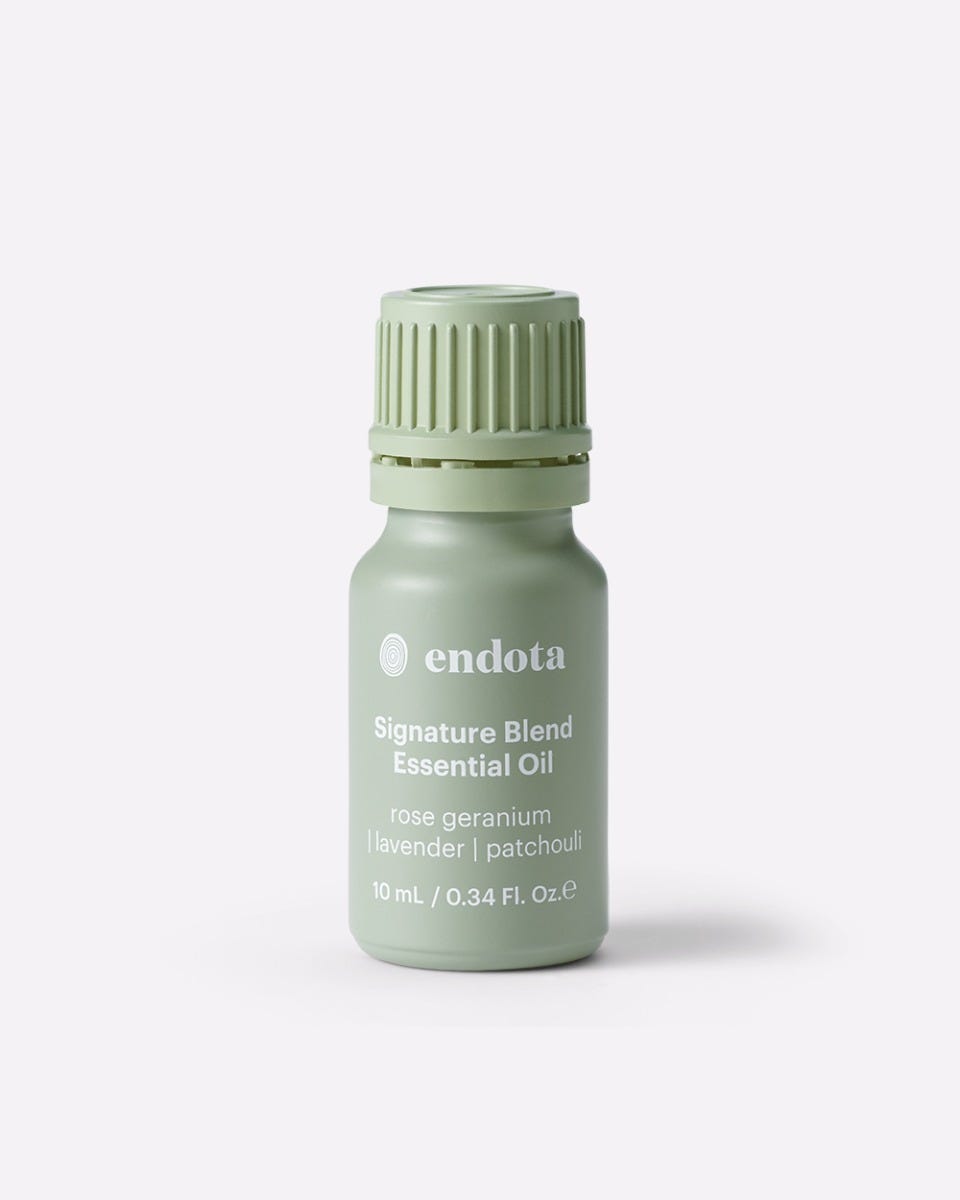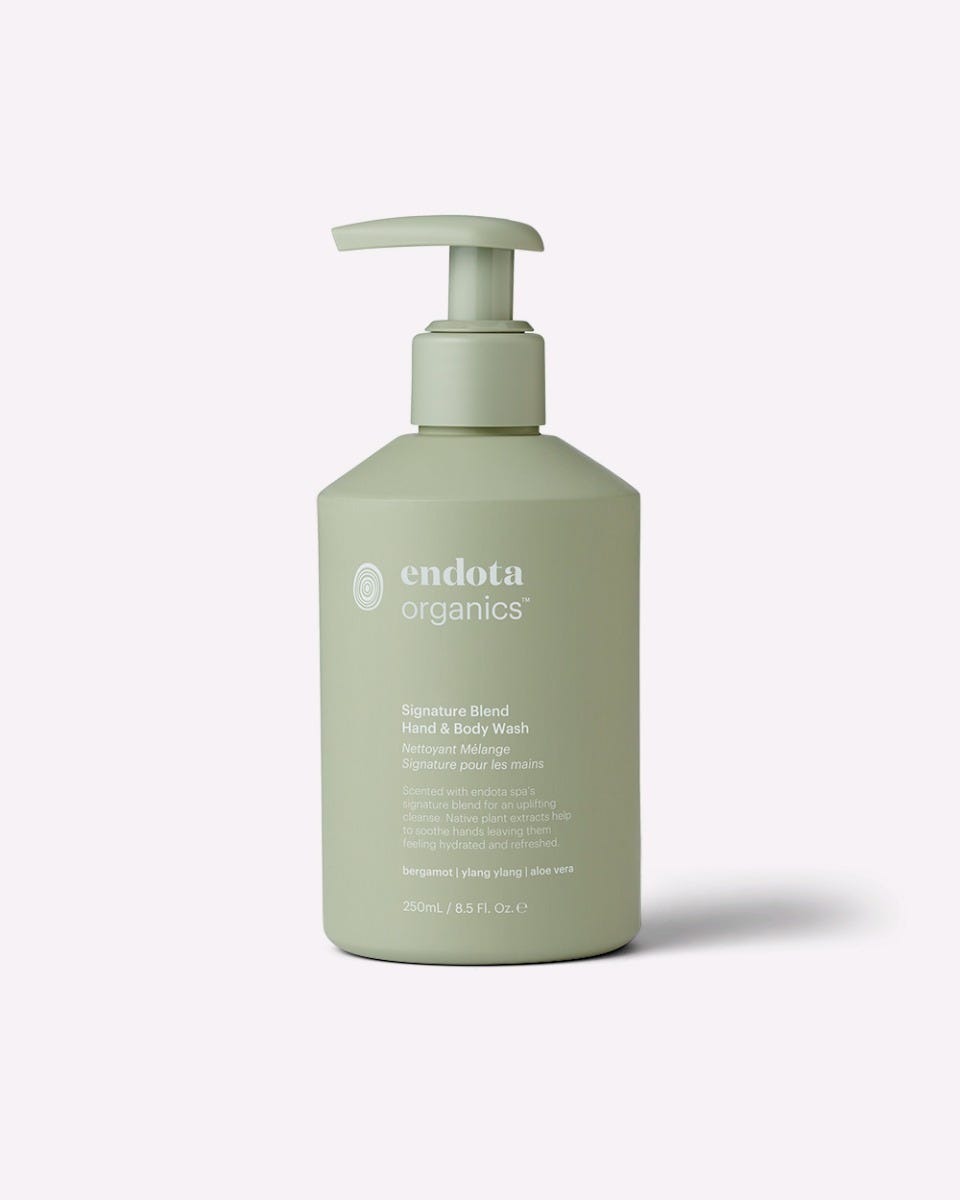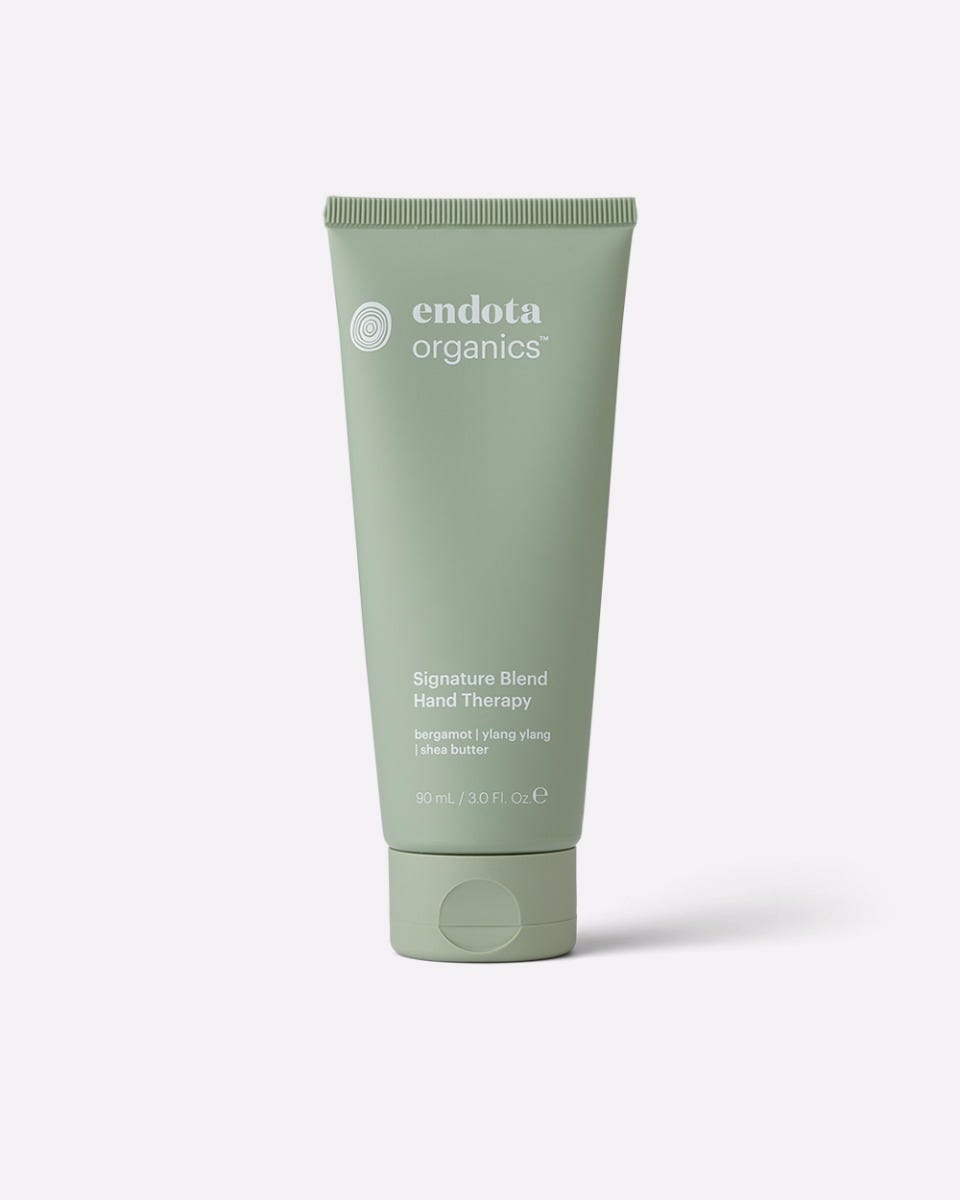Your heart is one of your most precious organs for a reason. It is the core of your being, it is a symbol of love, and it is the central powerhouse that provides your body with the oxygen and vital nutrients it needs to function and thrive. So it makes sense that protecting and nourishing your heart is an important piece of the wellbeing puzzle.
Nurturing your heart involves not only embracing enriching relationships and self-care rituals such as journaling and meditation, but also involves tending to its physical wellbeing. While daily movement and stress management play pivotal roles in heart health, being mindful of the food you are nourishing your body with is one of the most effective and accessible ways you can improve and maintain your heart health.
With World Heart Day approaching on September 29, we spoke to Skye Swaney, Accredited Nutrition Consultant and Recipe Developer from Shift Nutrition, to gain some insight into the correlation between diet and heart health, how we can be more intentional in nourishing our heart and what steps we can take to incorporate heart-friendly foods into our daily diet.
how are diet and heart health related?
While there are many influences that contribute to overall heart health, the sustenance we offer bodies has a direct impact on our hearts’ wellbeing over time. Our heart needs certain nutrients in order to maintain healthy function. For example, healthy fats raise good cholesterol which can assist in reducing artery build up from other types of cholesterol, while antioxidants can help to reduce inflammation and cell damage.
On the other side of the coin, Skye explains that an overconsumption of ultra-processed foods, (which tend to contain high levels of saturated fats, trans fats, sodium and added sugar), has been linked to cardiovascular disease and related conditions such as high blood pressure, which is often caused by a buildup of fatty deposits inside the blood vessels.
“The high level of processing used to make these foods decreases the nutritional value and can increase their energy content,” says Skye. “Their high palatability and low cost also mean that they tend to reduce our intake of more nutritious foods such as fruit, vegetables and wholegrains.”
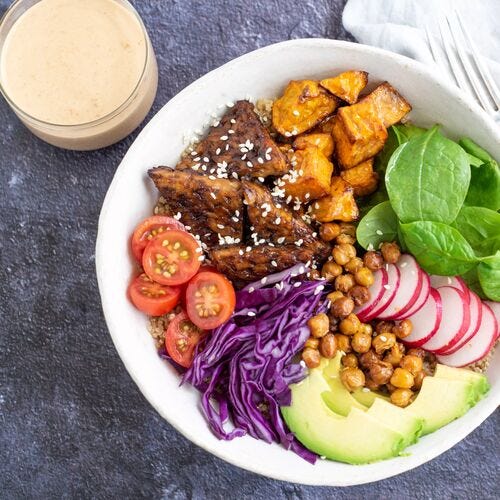
Thus, enriching your heart with the right nutrient-dense foods can work wonders in helping to maintain a healthy heart and reduce the risk of cardiovascular disease.
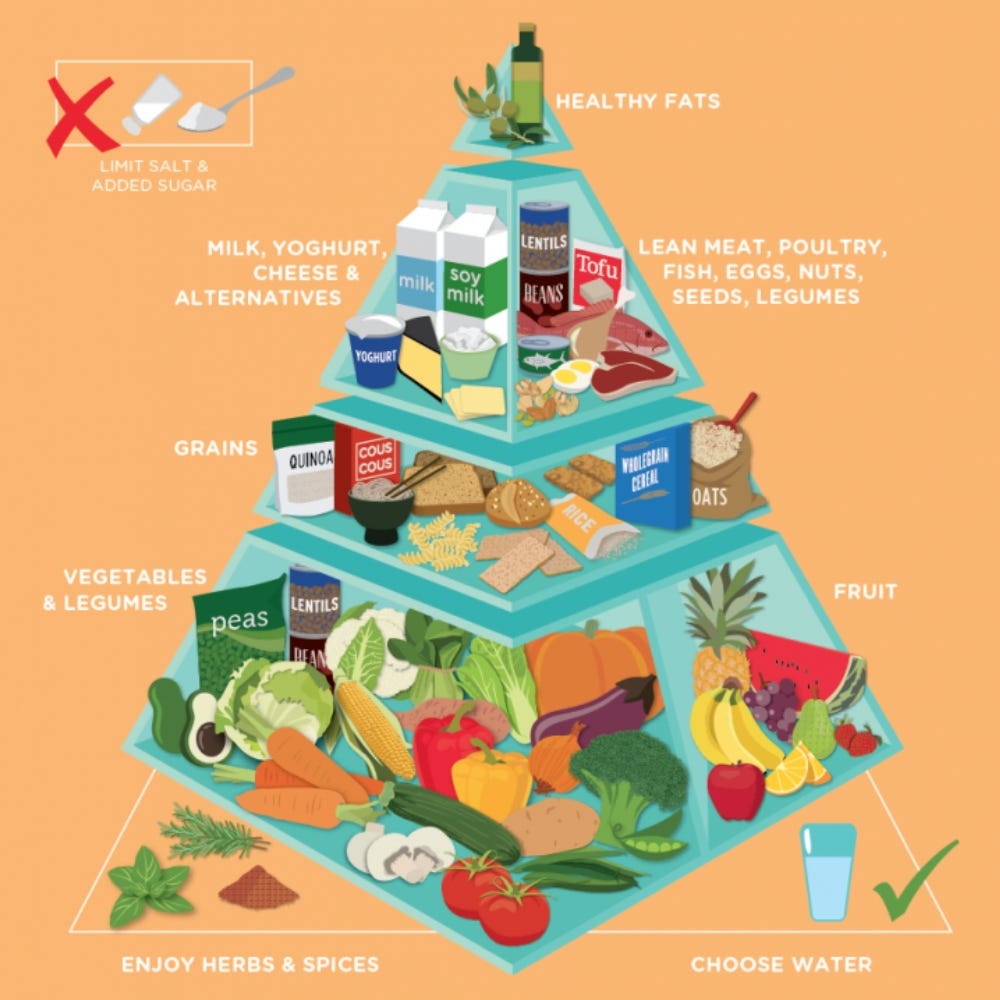
how to improve heart health through diet
Being intentional about the foods you consume and making small, manageable changes is the first step towards better heart health and overall wellbeing. Skye suggests that a good starting point is to look out for whole foods that are high in fibre to promote good gut health, healthy fats to lower bad cholesterol, and antioxidants to help reduce inflammation and cell damage. Some of the best foods for heart health include:
- Wholegrains - oats, quinoa, brown rice, wholegrain pasta, wholegrain bread
- Fresh fruits and vegetables - leafy greens (such as spinach and kale), berries, apples, bananas, oranges, pears
- Legumes - beans, chickpeas, lentils
- Nuts and seeds.
The food group diagram by the Australian Government Department of Health and Aged Care offers a clear visual guide to the recommended proportions of each food group.
integrating heart-friendly foods into your diet
Incorporating more fruits, vegetables and whole foods into your diet is much easier said than done. But building up small changes, even just one at a time, all make a difference when it comes to nourishing your heart.
Skye recommends eating more vibrant salads full of wholegrains, buddha bowls with lots of vegetables, and soups with legumes which are an excellent source of protein and fibre for gut health. Skye also suggests to “aim for 2 serves of oily fish per week. Limit red meat intake to no more than twice per week and include healthy fat sources such as olive oil, avocado, nuts and seeds.”
Another easy way to incorporate more nutrient-dense foods into your diet is to substitute some of your staple household ingredients with a more heart-friendly option. Skye highlights some of her favourite substitutes below:
heart-friendly substitutes
- Swapping butter for avocado, hummus or nut butter
- Using extra-virgin olive oil or canola oil in baking instead of butter
- Swapping coconut milk for evaporated milk with coconut essence
- Using filo pastry instead of shortcrust or puff pastry
- Using wholemeal flour instead of plain flour
- Using extra-virgin olive oil for cooking
Prioritising heart health might not always be top of mind. The simple act of introducing even just a few changes to your dietary choices can set you firmly on the path toward better heart wellbeing for a long and fulfilling life.
If you’re wanting to learn more about nutrition and the functions that different types of nutrients can serve, read about immunity-boosting vitamins, minerals and antioxidants in our blog here.






